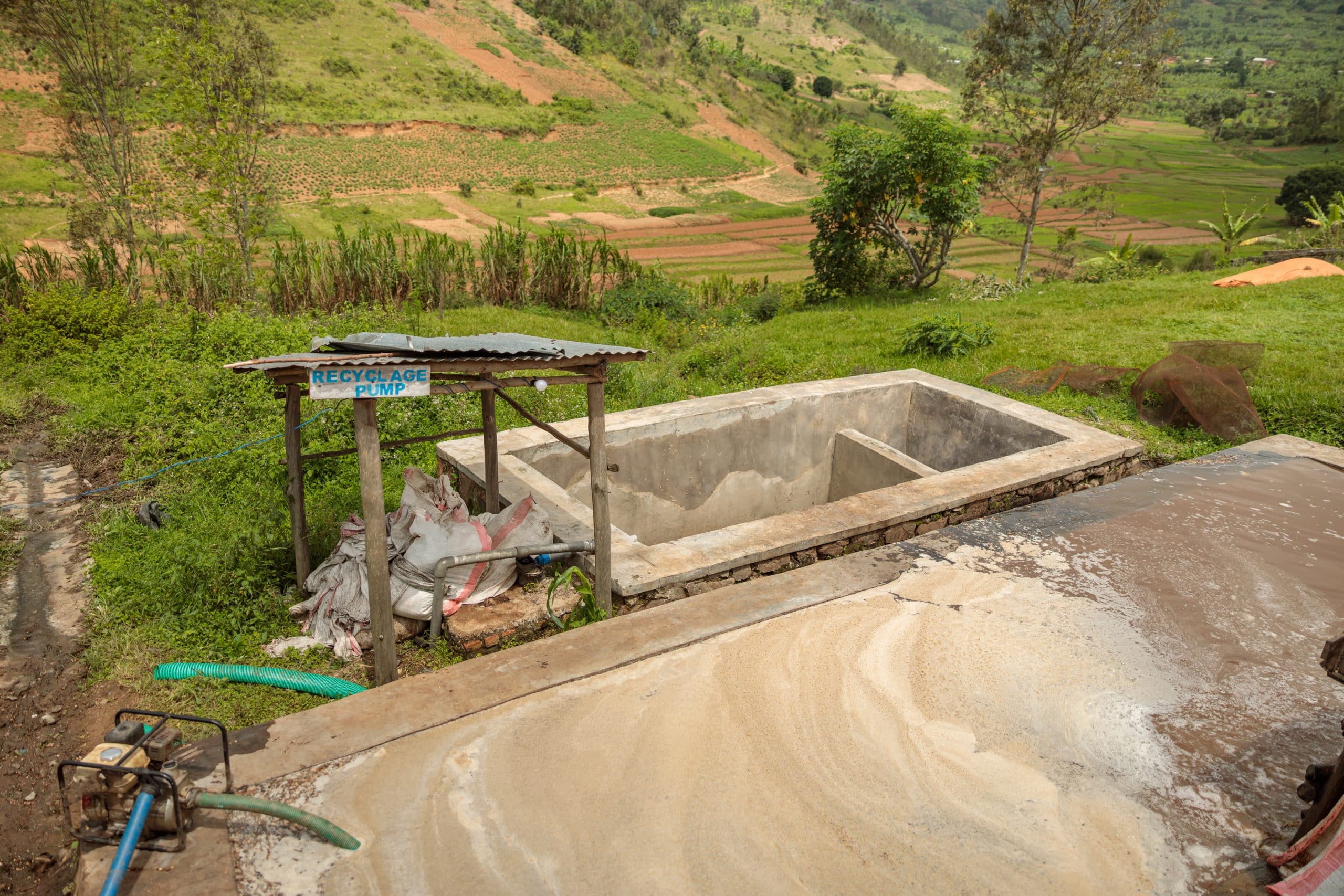How to Implement a Building-Wide Recycling Program in Multifamily Complexes?

As members of a multifamily complex, you understand the importance of a clean, healthy environment. One of the most effective ways to ensure this is through waste management; specifically, the implementation of a building-wide recycling program. Not only does this effort help conserve natural resources, but it also ensures a healthier living space and contributes to the wellbeing of the planet. This guide will provide you with a comprehensive toolkit to help you initiate and maintain an effective recycling program in your multifamily building or complex.
Understanding the Need for Recycling in Multifamily Buildings
Before we delve into how to set up a recycling program, it’s essential to understand why recycling is necessary, especially for multifamily buildings.
En parallèle : What Is the Impact of the UK’s Building Safety Act on New Construction Costs?
In multifamily complexes, the volume of waste generated is significant due to the number of residents. Single containers are often inadequate, leading to overflow and potential health hazards. Moreover, the waste generated is often mixed, making it more challenging to separate and recycle.
Implementing a recycling program can help manage waste more efficiently. It encourages residents to segregate their waste, which makes it easier to recycle. It also reduces the volume of trash that ends up in landfills, thus contributing to environmental conservation.
En parallèle : What Are the Pros and Cons of Investing in UK Buy-to-Let Properties in the Post-Brexit Era?
What You’ll Need to Launch a Recycling Program
Initiating a recycling program in a multifamily complex isn’t an overnight job. Here’s what you need to launch a successful program.
-
Leadership support: The support of property management is crucial to the success of the program. They can provide the necessary resources and enforce recycling policies.
-
Collaboration with waste management company: A professional waste management company can provide the required recycling containers and guide you on what can be recycled and how it should be sorted.
-
Resident education and engagement: Residents play a key role in the success of the recycling program. Providing them with adequate knowledge and tools can help improve participation and compliance.
-
Regular monitoring and evaluation: Continuous tracking of the program’s progress is crucial to identify and address any challenges promptly.
Engaging Management and Tenants in the Recycling Initiative
Winner buy-in from the management and tenants is essential for the effective implementation of the recycling program.
Engaging Management: The property management team plays a pivotal role in implementing and sustaining any recycling program. Hence, it’s crucial to ensure that they are on board. Discuss the benefits of recycling, particularly how it could enhance the property’s image and possibly save on waste disposal costs.
Engaging Tenants: A recycling program will not succeed without the active participation of tenants. Begin by raising awareness about the importance of recycling and how each resident can contribute. Providing the right tools, such as recycling bins and clear instructions on how to sort waste, can also enhance their participation.
Implementing the Recycling Program
After securing the support of management and tenants, the next step is to implement the program.
Start by collaborating with a waste management company to provide recycling containers. Ideally, these should be placed in easily accessible locations throughout the property. Clearly label these containers to help tenants sort their waste correctly.
Educate residents about what can be recycled and how to dispose of their waste correctly. This could be done through informative posters, emails, or meetings.
Finally, monitor the program’s progress. This could be done by conducting regular waste audits to measure the amount of waste being recycled. Make any necessary adjustments to the program based on these findings.
Maintaining and Improving the Recycling Program
Implementing the recycling program is just the beginning. The real challenge lies in maintaining and improving it.
Continued education and reminders are vital to keeping tenants informed and engaged. Celebrate the achievements of the recycling program to keep residents motivated and make them feel part of the success.
Remember to re-evaluate the program periodically. If certain aspects aren’t working, seek feedback from residents and make necessary improvements.
In conclusion, implementing a building-wide recycling program in a multifamily complex can seem like a daunting task. But with the right planning, education, and monitoring, it’s an achievable goal. Not only will it foster a cleaner, healthier living environment, but it will also contribute to a greener planet.
The Role of Property Managers in Recycling Programs
Property managers have a crucial role to play in establishing and maintaining recycling programs in multifamily buildings. Their involvement is key to the program’s success, and their actions can directly influence the habits and behaviors of the residents.
As a property manager, your first responsibility is to establish a partnership with a professional waste management company. This partnership will provide you with the necessary recycling containers and guidance on best practices for waste segregation.
Next, you must ensure that the recycling containers are placed in easily accessible locations throughout the property. These locations need to be convenient for residents to encourage their participation in the recycling program.
Another important aspect of your role as a property manager involves educating the residents about the program. This can be achieved through community meetings, informative emails, and posters detailing how to sort waste and why recycling is important. Regular reminders about the program can help keep residents informed and engaged.
Lastly, property managers are responsible for regularly monitoring the recycling program. This includes conducting waste audits to measure the effectiveness of the program, and making necessary adjustments based on feedback from residents and findings from the audits.
Navigating Challenges in Multifamily Recycling Programs
Even with the best planning and implementation, multifamily recycling programs can face several challenges. The high turnover of residents, varied levels of recycling knowledge, and lack of personal ownership can all pose significant obstacles. However, with proactive management and continuous improvement, these challenges can be overcome.
One common challenge in multifamily dwellings is educating new residents about the recycling program. To address this, property managers could include recycling information in the welcome package for new residents. Regular reminders and updates can also help keep all residents informed.
Another challenge is ensuring that residents comply with the program’s guidelines. Providing clear, easy-to-follow instructions can help. If non-compliance is an issue, consider implementing incentives or penalties to encourage proper waste disposal.
Finally, maintaining high levels of participation can be a challenge, especially in larger complexes. Celebrating the successes of the recycling program and highlighting individual contributions can help foster a sense of community and motivate residents to participate.
Conclusion
Implementing a building-wide recycling program in a multifamily complex is no small feat. It requires the support of property management, collaboration with waste management companies, and most importantly, the participation of the residents.
Despite the challenges, the benefits of such a program are undeniable. It promotes a cleaner, healthier living space, fosters a sense of community, and plays a part in conserving our planet’s resources.
By understanding the crucial role of property managers, navigating potential obstacles, and continually monitoring and improving the program, multifamily complexes can successfully implement and maintain effective recycling programs. With dedication and commitment, multifamily recycling programs can contribute significantly to a greener planet and a healthier future.
